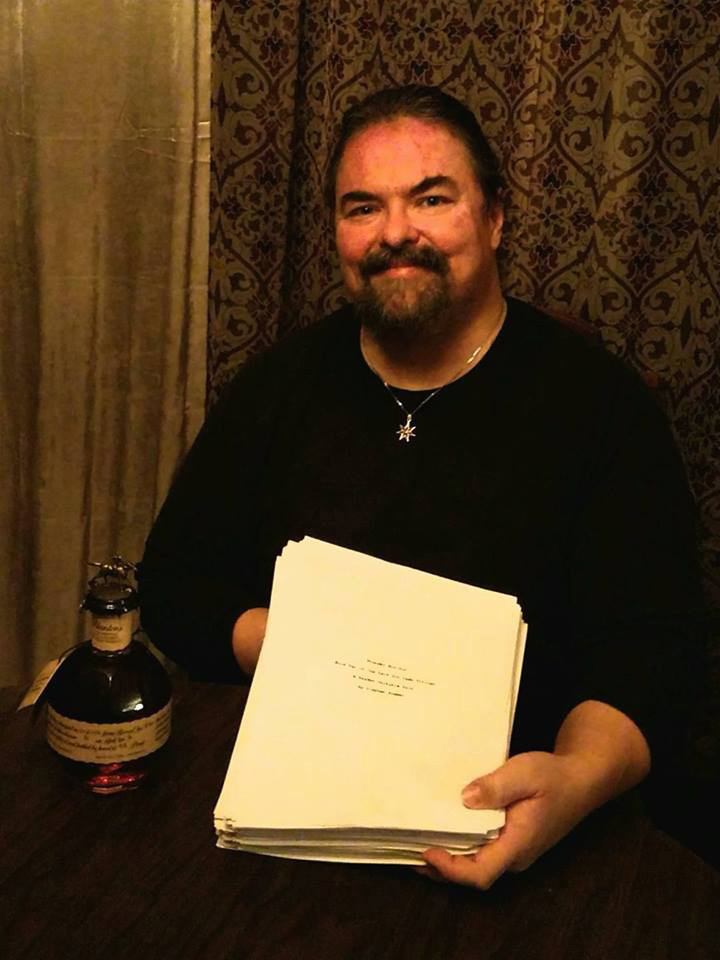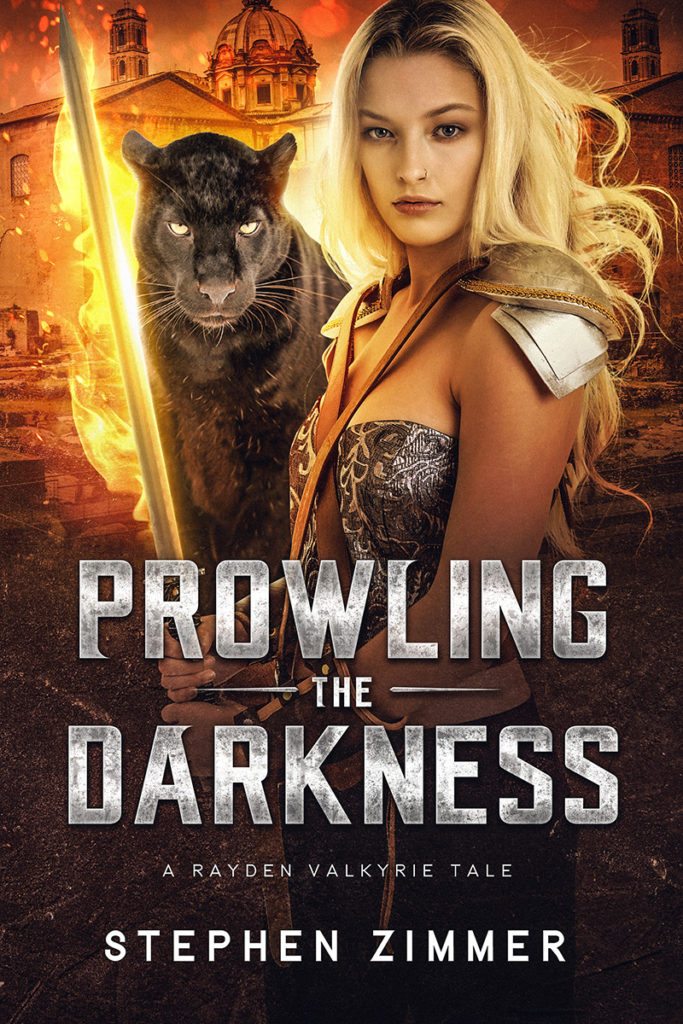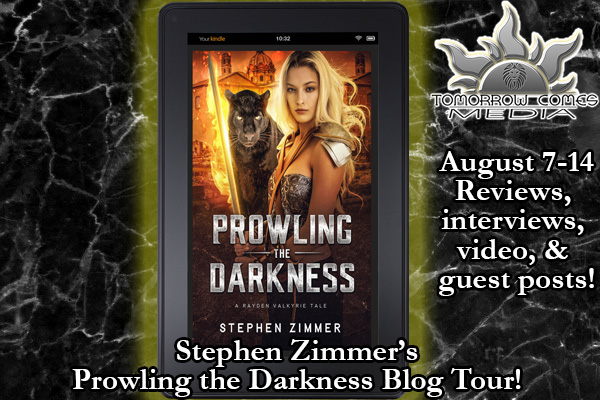There is no one-size-fits-all approach to the writing process. Each writer develops their own process, over the course of time, that works best for them as an individual. The sooner the writer understands this, the better it will go for their writing.
My approach has been honed since the mid-1990s, when I dedicated myself to writing fiction with an intent of being published. Looking back, I have made some small refinements to my process, but by and large I found what worked for me during the first few years and did not deviate from it.
One of the best early decisions I made was to have a dedicated space set aside for writing only. I made the conscious decision to have one computer committed to being my writing computer, and to have it located in a different room from the one that I conducted business on.

Over time, this had the effect of snapping my brain into writing mode when I sat down at this particular computer. I attribute this as a big reason why I have not had problems during my career with writer’s block.
I started playing music while writing to block out sounds in the house or out on the street, creating a sort of bubble that further reinforced my writing mindset when in a session. Music also can help with the mood of a scene, providing another benefit for my process.
As the internet grew to greater prominence (long before the rise of social media), I also recognized the potential distractions of the online world and saw to it that the computer that I wrote on was offline. When social media emerged into the pervasive force that it is today, that decision turned out to be a great one, as it is very easy to be distracted by notifications, the urge to check messages, or browse online.
Despite writing in large word count formats like epic fantasy, I have never put my focus on word count goals for my writing sessions. The most important thing to me then and now is writing regularly, whether I write a couple hundred words or several thousand in a given session. Writing on a consistent basis keeps my mind in the right kind of zone for the creative process, even when I go about my daily activities in between sessions.
I also do not allow myself to become bogged in a particular scene. If I find myself becoming a little stuck in a particular scene, I will move ahead with another, and come back to the earlier one later. This “walking away” from the problematic scene for a short time has worked out well in giving me a fresh perspective, as when I return to it I usually have figured out what I want to do with it and what it needs to accomplish for the greater story.
From the beginning, as a writer of multiple series, I deemed it important to know the destination of my stories and have a basic framework for getting there. At the same time, I understood how new ideas, plot lines, and characters can crop up over the course of writing a manuscript.
I embraced balancing the need for having a road map in the form of an outline while leaving room to breathe for the creation of new characters and story ideas. I have never sensed that I have boxed myself in too tightly with my initial outline, and I have always had a very clear vision of the general course I envision for a manuscript.
The part of the process that had to come with time and experience was knowing when I was ready to hand off a manuscript to an editor. Virtually all writers are capable of making changes and rewriting endlessly, if they allowed themselves to.
When doing passes through a manuscript, a writer will always come across a word, phrase, or even scene that they will feel a need to change. A very important part of the writing process is having the sense to know when a manuscript has reached the right state to declare it finished and ready for the editing process.
During the course of the past ten years, I have tightened up this window and I recognize the point where a manuscript is ready much clearer than I did before. Rewriting and additional passes through the manuscript take less time than they did before and my editors have remarked that I have been delivering extremely clean copy on my last few titles (which allows them to spend extra time analyzing content, as opposed to correcting things they come across). It is a sense that I had to develop through seasoning, growth, and experience.
Going forward, I am open to adjusting things in my writing process to make sure that I have the process that best suits me. I share my process as I enjoy seeing the writing processes of others, and I never know when I might come across a good suggestion that could work for me as well.
Writing is quite the journey and it is a path of constant growth, but it is very individual in nature. Just remember, there is no right writing process for everyone.
You have to find what works the best for you.
About the author: Stephen Zimmer is an award-winning author and filmmaker based out of Lexington, Ky. His works include the Rayden Valkyrie novels (wword and worcery), the Rising Dawn Saga (cross-genre), the Fires in Eden Series (epic fantasy), the Hellscapes short story collections (horror), the Chronicles of Ave short story collections (fantasy), the Harvey and Solomon Tales (steampunk), and the forthcoming Faraway Saga (YA dystopian/cross-genre).
Stephen’s visual work includes the feature film Shadows Light, shorts films such as The Sirens and Swordbearer, and the forthcoming Rayden Valkyrie: Saga of a Lionheart TV pilot. Stephen is a proud Kentucky Colonel who also enjoys the realms of music, martial arts, good bourbons, and spending time with family.
Find out more about Stephen Zimmer’s new book, Prowling the Darkness!

Dark rumors and whisperings of unholy sorcery bring Rayden Valkyrie to the remote city of Sereth-Naga. There she finds a populace cowering in fear of the city’s ruthless, mysterious rulers, who remain behind the high walls of their citadel.
An even greater mystery surrounds the city. Something is prowling the darkness.
Something that has kept the enigmatic rulers for centuries from escaping Sereth-Naga to spread their wickedness to other lands.
Prowling the Darkness is a stand-alone novella that is part of the Rayden Valkyrie Tales.

Website: www.stephenzimmer.com
Facebook: www.facebook.com/stephenzimmer7
Twitter: @sgzimmer
Instagram: @stephenzimmer7
